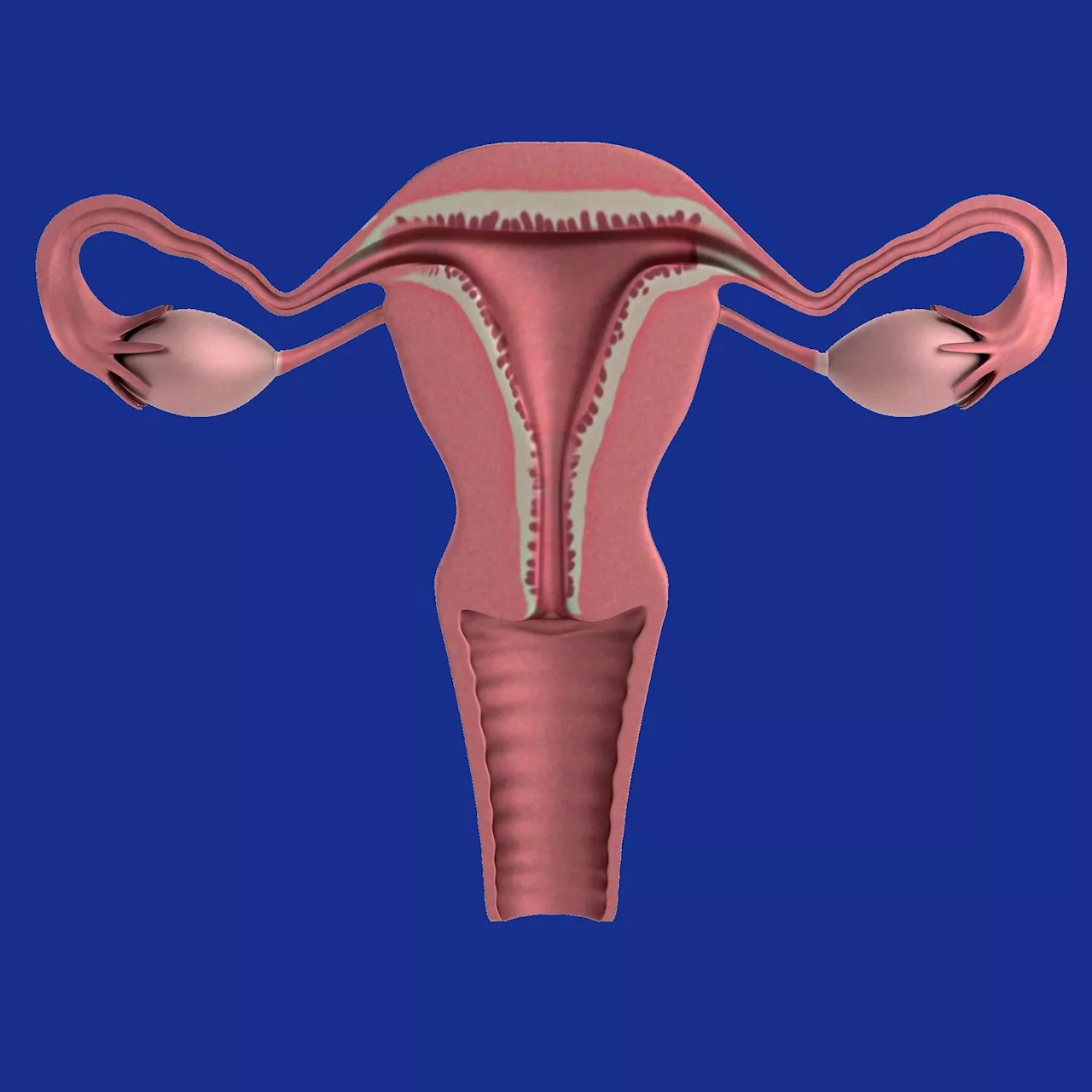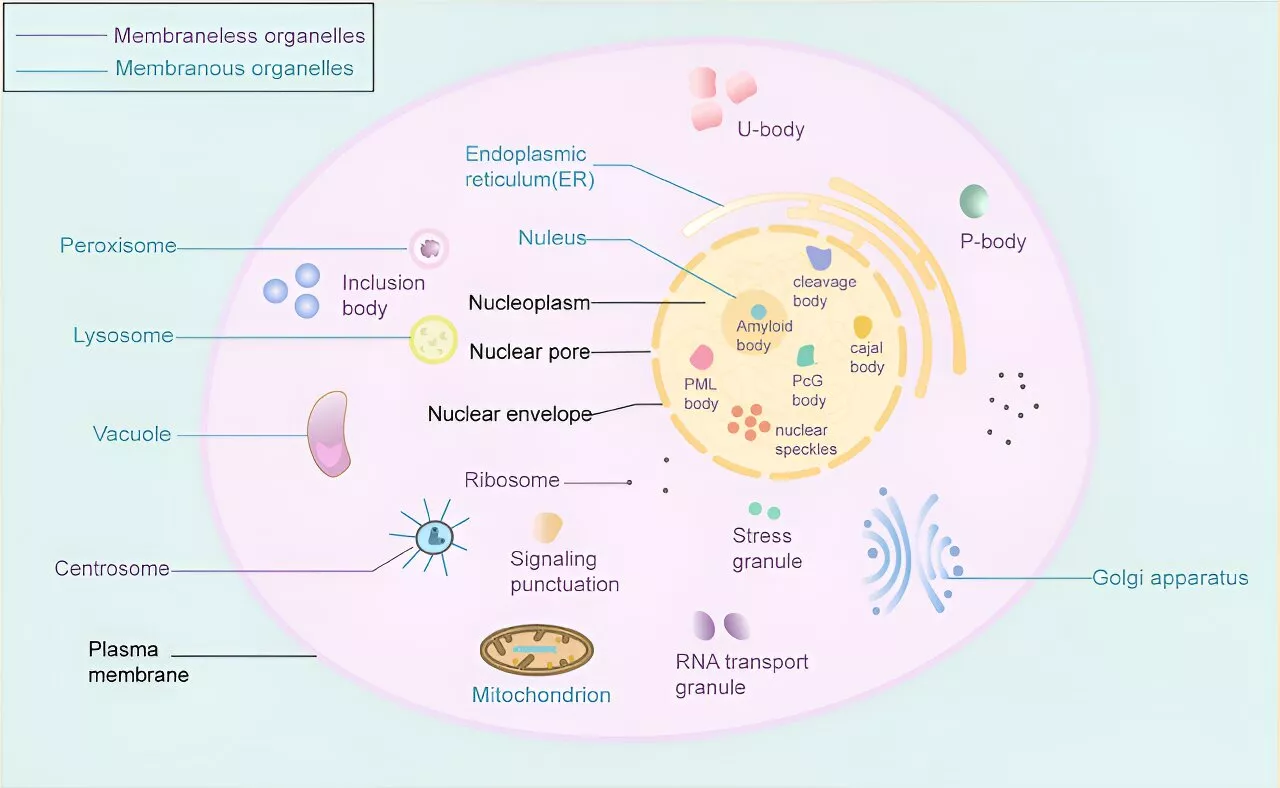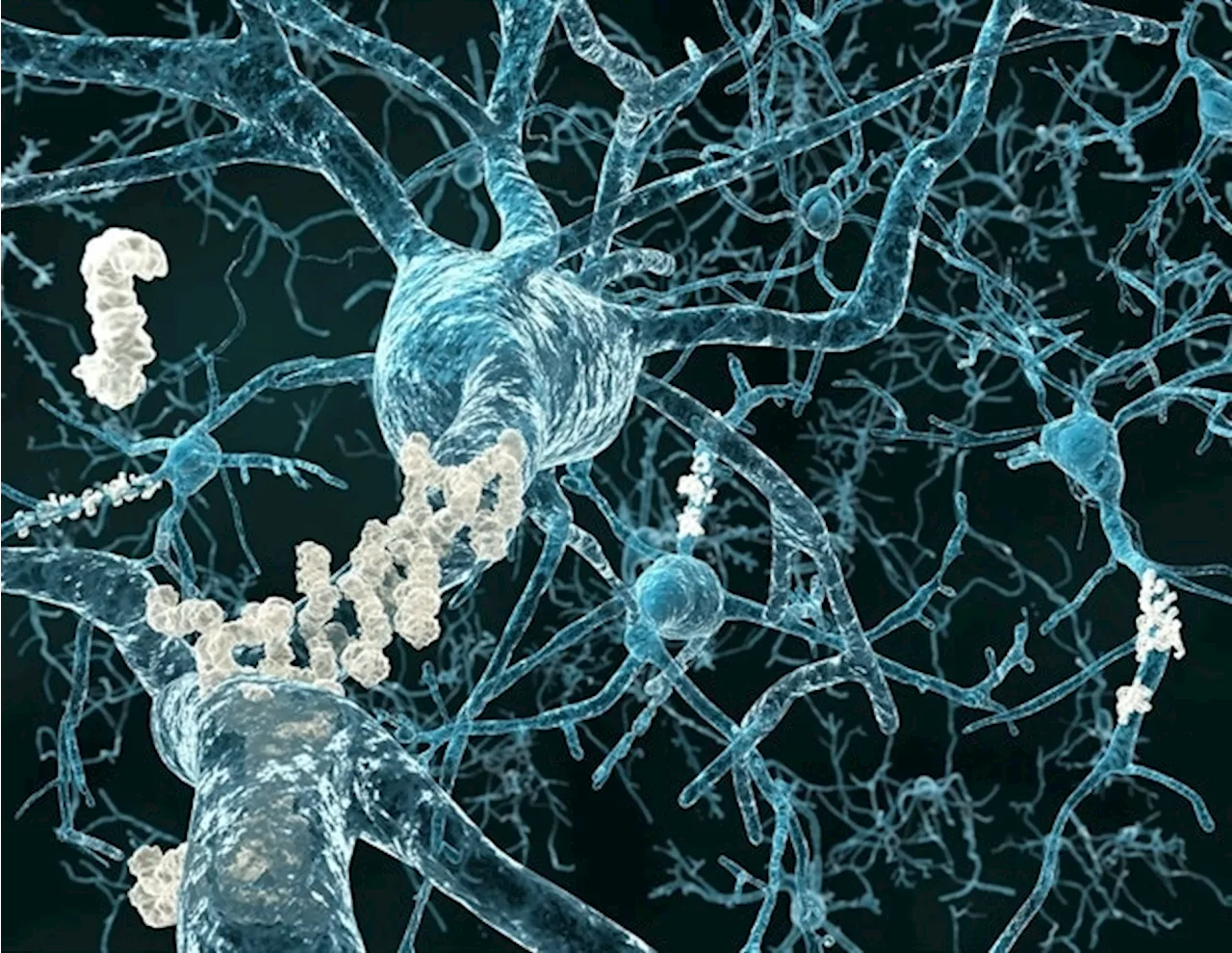The article presents a thorough examination of Alzheimer's disease (AD), emphasizing early detection as critical due to the disease's progression through stages from normal cognition to mild cognitive impairment (MCI) and eventually dementia.
Frontiers JournalsAug 26 2024 The article presents a thorough examination of Alzheimer's disease , emphasizing early detection as critical due to the disease's progression through stages from normal cognition to mild cognitive impairment and eventually dementia.
Historical shifts in diagnostic approaches are detailed, showing a move from reliance on clinical evidence to the incorporation of biological indicators. The review outlines the evolution of diagnostic criteria, the introduction of biomarkers, and the potential impact of artificial intelligence in discovering new, minimally invasive biomarkers.
Advancements in biomarker research are highlighted, with a focus on neuroimaging, blood-based markers, metabolomics, exosomal microRNA, and the potential role of pathogens and endocrine dysregulation. The review suggests that these diverse biomarkers, when integrated, could significantly enhance early detection and disease management.
Related StoriesIn conclusion, the review stresses the necessity of early detection for effective intervention and the potential of non-cognitive symptoms and biomarkers in identifying AD before cognitive decline becomes apparent. It acknowledges the challenges of integrating these indicators into clinical practice and calls for further research to confirm their reliability and applicability in early diagnosis.
Blood Dementia Diagnostic Imaging Microbiome Preclinical Research Sleep
South Africa Latest News, South Africa Headlines
Similar News:You can also read news stories similar to this one that we have collected from other news sources.
 Exploring emerging diagnostic tools for early diagnosis of endometriosisEndometriosis is a common, burdensome, chronic disease that affects more than 11% of women of reproductive age in the United States and 190 million women worldwide. Early diagnosis remains a major clinical and public health challenge.
Exploring emerging diagnostic tools for early diagnosis of endometriosisEndometriosis is a common, burdensome, chronic disease that affects more than 11% of women of reproductive age in the United States and 190 million women worldwide. Early diagnosis remains a major clinical and public health challenge.
Read more »
 Exploring the mechanics of cell migration and growthThe National Institute of General Medical Sciences, a branch of the National Institutes of Health (NIH), has awarded Yubing Sun, associate professor of mechanical and industrial engineering at the University of Massachusetts Amherst, a $1.
Exploring the mechanics of cell migration and growthThe National Institute of General Medical Sciences, a branch of the National Institutes of Health (NIH), has awarded Yubing Sun, associate professor of mechanical and industrial engineering at the University of Massachusetts Amherst, a $1.
Read more »
 Exploring liquid-liquid phase separation in diseasesA recent study, led by Professor Wu (Wenzhou Institute University, Wenzhou Medical University) and Professor Huang (Northeastern University), explores liquid–liquid phase separation (LLPS), a phenomenon closely associated with various diseases, including cancer and neurodegenerative disorders. The research is published in the journal MedComm.
Exploring liquid-liquid phase separation in diseasesA recent study, led by Professor Wu (Wenzhou Institute University, Wenzhou Medical University) and Professor Huang (Northeastern University), explores liquid–liquid phase separation (LLPS), a phenomenon closely associated with various diseases, including cancer and neurodegenerative disorders. The research is published in the journal MedComm.
Read more »
 Exploring the potential of natural anticoagulants for COVID-19 treatmentThe treatment of patients with severe COVID-19 following SARS-CoV-2 infection remains difficult. Severe inflammatory reactions and thrombotic complications (blood clots) in particular can be life-threatening. Classic anticoagulants such as heparin often cannot prevent these complications.
Exploring the potential of natural anticoagulants for COVID-19 treatmentThe treatment of patients with severe COVID-19 following SARS-CoV-2 infection remains difficult. Severe inflammatory reactions and thrombotic complications (blood clots) in particular can be life-threatening. Classic anticoagulants such as heparin often cannot prevent these complications.
Read more »
 Inside Richard Malone’s New Show Exploring Labour and ClassInspired by museum cleaners and the bodies on which classical sculptures were once based, Richard Malone’s new exhibition A Record of Tenderness is an ode to the hidden work behind great art
Inside Richard Malone’s New Show Exploring Labour and ClassInspired by museum cleaners and the bodies on which classical sculptures were once based, Richard Malone’s new exhibition A Record of Tenderness is an ode to the hidden work behind great art
Read more »
 Amur tiger cubs begin exploring their Longleat Safari Park homeThe four cubs are gradually being introduced to the outdoors with their mother, Yana.
Amur tiger cubs begin exploring their Longleat Safari Park homeThe four cubs are gradually being introduced to the outdoors with their mother, Yana.
Read more »
